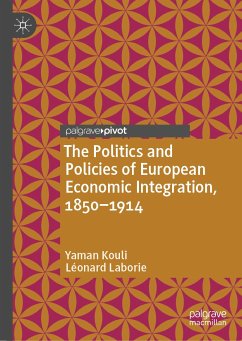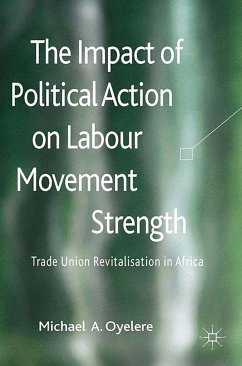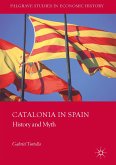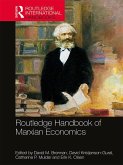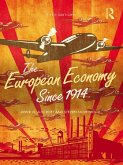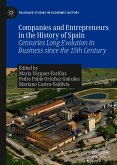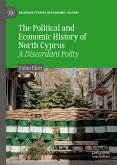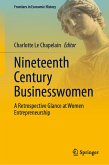Yaman Kouli is a researcher at the Heinrich-Heine-University in Düsseldorf. He hasheld numerous other positions, including as research assistant at the Chemnitz University of Technology and an A.SK-fellow at the Berlin Social Science Centre. From 2018 to 2020, he was Feodor-Lynen fellow and received a scholarship from the Alexander von Humboldt-Foundation. His fields of expertise are Poland's economic history during the 20th century, the knowledge-based economy and European integration.
Léonard Laborie has been a research fellow at the CNRS, UMR Sirice in Paris since 2010. He received his PhD in contemporary history from Sorbonne University. His research deals with the interactions between science, technology and diplomacy in the making of Europe since the 1850s. He was chairman of the Tensions of Europe Research Network on History, Technology and Europe from 2019 to 2022.
Dieser Download kann aus rechtlichen Gründen nur mit Rechnungsadresse in A, B, BG, CY, CZ, D, DK, EW, E, FIN, F, GR, HR, H, IRL, I, LT, L, LR, M, NL, PL, P, R, S, SLO, SK ausgeliefert werden.

